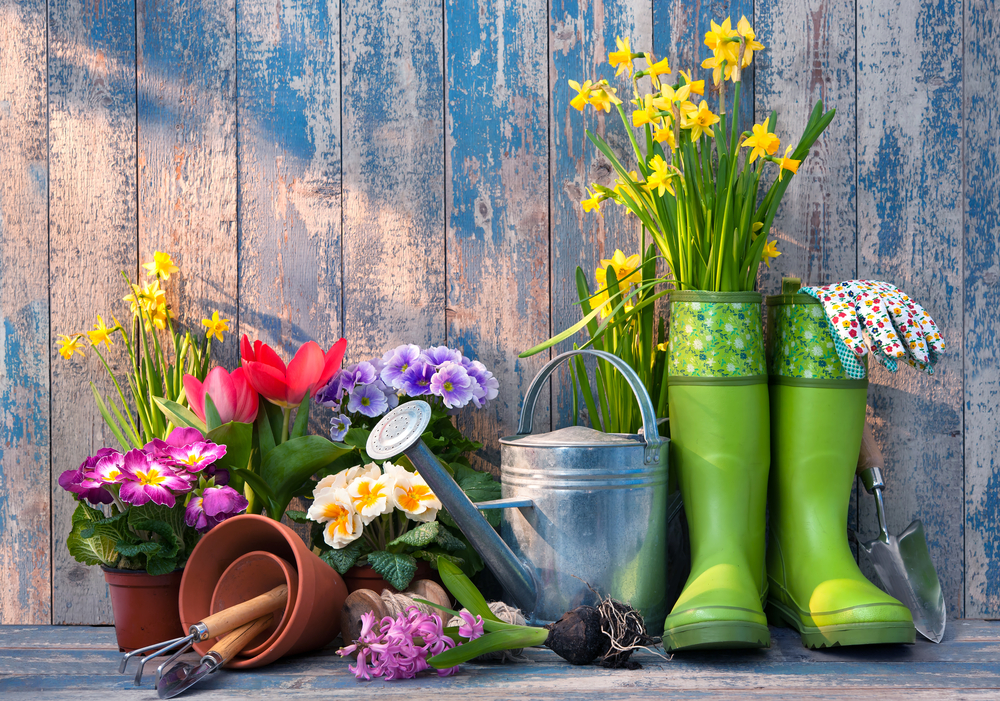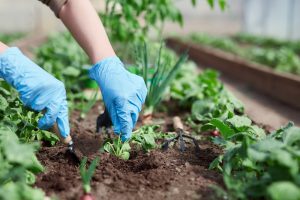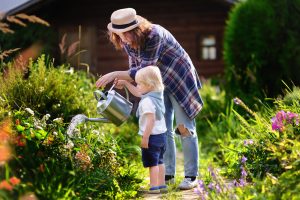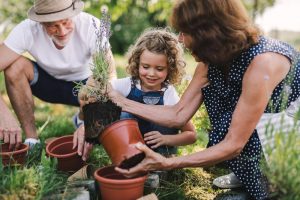
Gardening can be a rewarding and fun hobby for everyone. Just because you are not blessed with a green thumb doesn’t mean that you cannot master the art of gardening. There are plenty of gardening tips that can come in handy, and you will get the chance to eat the food you grow yourself. Isn’t that great?
Here are some of the best gardening tips every beginner can use:
Choose the right location
First things first, you should observe your garden for a bit to see what area gets the best sunlight, as opposed to those that get partial sunlight or are in full shade. Misjudging the sunlight is considered a common mistake amongst gardening beginners, so make sure you don’t do it. This can help you in choosing the right area to plant. For instance, if you want to plant edible vegetables, you need to pick a spot that gets at least 6 to 8 hours of direct sunlight. Meanwhile, partially shaded areas are great for pretty flowers like Foxglove.
Get the right tools
If you stock your shed with the right tools, you can take all the hard work out of gardening. When you are shopping for tools, it is very tempting to go overboard, but budding beginners should stick to the essentials. These include pruners, water-resistant gloves, a watering can or a high-quality hose, a hand towel, a wheelbarrow, or a garden fork.
Select the right plants for your soil
You should check your soil type before taking a trip to the local garden center. Six different types of soils exist, and some plants survive and thrive better in one soil than the others. The soil types are clay, loamy, sandy, peat and silty, and chalky, and you can test it by observing and feeling it. Check to see if it is slimy, flaky, gritty, or sticky to know and if you cannot find the answer, use a simple pH test soil kit. Always check the seed packaging and plant labels to know what you can grow best in the type of soil you have.

Plan the design first
Location is of the utmost importance when you are designing a garden because you want to be able to see it regularly. If you can admire it from indoors, you will be tempted to spend time in it as well. Before you go digging, it is good to map out everything on paper. You can also do it physically in the garden by placing all the plants and bulbs on the soil surface to get an idea of how everything will look. This can also help you in planning the colors, so you have a great-looking garden throughout the year.
Organize everything
Every beginner gardener should understand the need to be organized. All you have to do is label your bulbs, seeds, and plants, and you are good to go. Why is this necessary? Many first-time gardeners tend to forget what they have planted and where and the labels can come in handy. When you are planting, put a label on the ground right next to your plant.
Choose low-maintenance plants
This might sound obvious, but many beginners are tempted to choose delicate flowers like roses that tend to be very high-maintenance. Just because you are choosing low-maintenance flowers doesn’t mean you don’t have visually appealing choices. Doing so can give you room to make interesting focal points, add visual drama, and create a sound backdrop while keeping maintenance low. Lavender and sage are good options for people who forget to water their plants. Topiary is one for people who don’t have a lot of time for pruning and clipping, as they require care once or twice every 12 months.

Water and feed the plants regularly
In case you have chosen high-maintenance plants, it is vital to know when to water them properly. The general rule of thumb is to water the plant’s roots instead of the foliage. This can help the plant in absorbing nutrients from the soil and trapping the moisture. Feeding is also crucial, and you should do it every fortnight, during the summer and spring season, especially if you want colorful displays and healthy growth.
Give some space to the plants
This is an important tip to remember when you are planting the seeds. Don’t plant them too close together because young plants require personal space to grow their foliage and roots. Planting them too close means airflow will be limited, and this leaves them vulnerable to disease. The plant labels mention how much room is needed, but don’t use too big containers either. This is referred to as overpotting, where the water will just sit in the oil and not be absorbed by the plant.
Don’t consider the wildlife your enemy
Lots of beginners consider wildlife the enemy, but that’s not always the case. Yes, birds do eat growing fruit, but they also eat insects that could harm your garden. Bees are necessary for pollination, and bats can keep the mosquitos away. You may think of them as ‘pests’, but they can be good for your garden. It is a good idea to set up a bird feeder to attract some birds to your garden. Consider planting some colorful flowers to attract bees, particularly of the blue variety.

Enjoy the Garden
The last tip every beginner gardener should know is to take some time just to enjoy the garden you have started. Let yourself experiment and give new things a try. Make sure your garden has a seating area where you can sit back, see the fruits of your labor and admire all your hard work. You can also get your kids involved in this activity, so all of you can have some fun.
Gardening can take you outdoors, and a garden that you have planted yourself can be the best refuge, so make sure you enjoy it.






